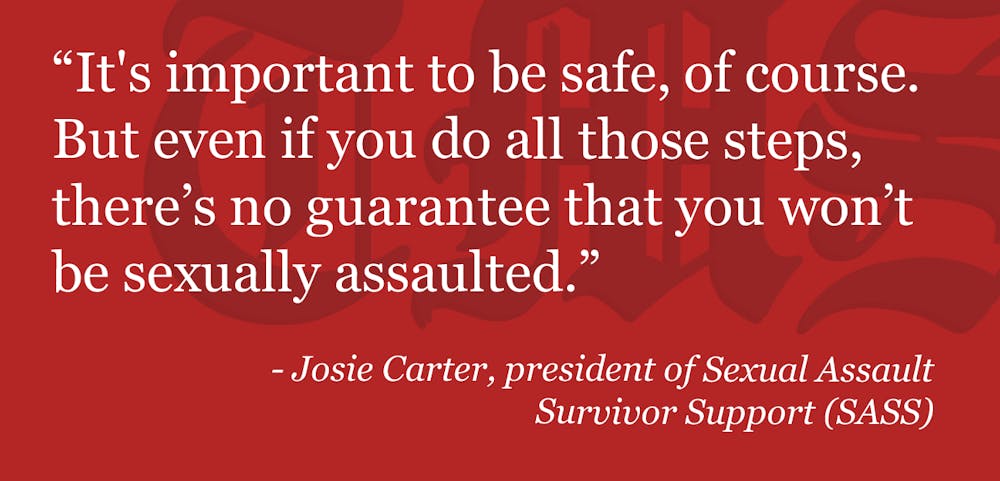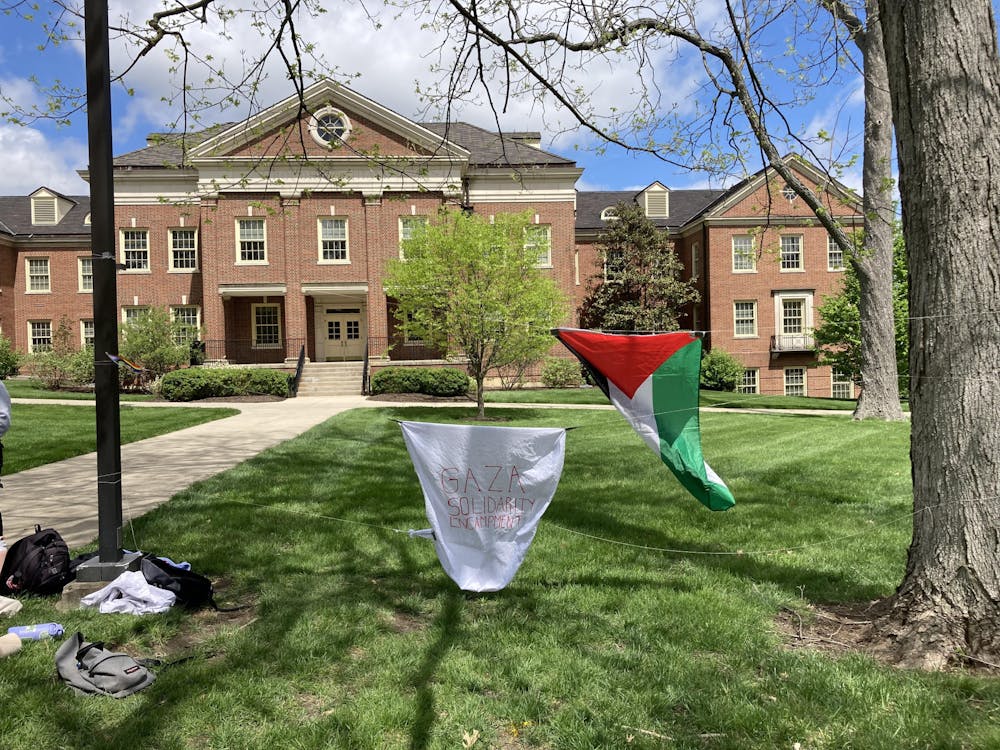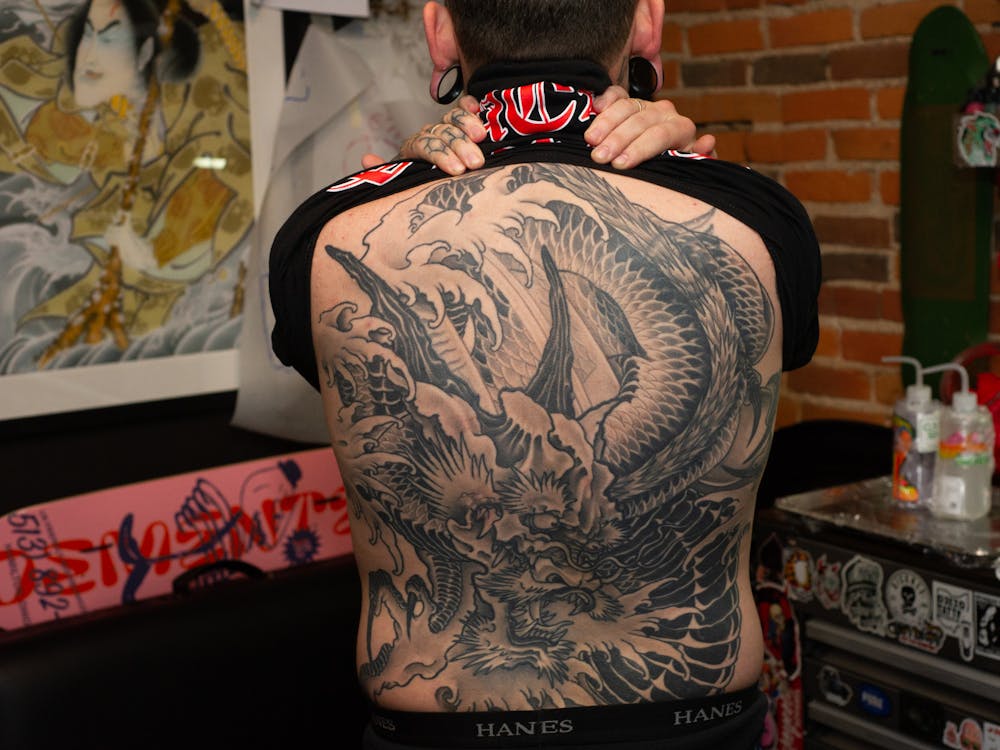College campuses have long been plagued with the issue of sexual assault. While universities have made headway by implementing various prevention programs, many continue to search for ways to improve them.
The events organized by Miami Unviersity for Sexual Assault Awarenss Month in April have spurred further discussion from students and faculty alike about the sexual assault response on campus.
The variety of events organized by the university included a self-defense class, a discussion about red flags and an event to honor sexual assault survivors. These programs were spread out over the course of April to raise awareness about the prevalence of the issue.
Anondo Banerjee is the Sexual and Interpersonal Violence Prevention Education and Outreach coordinator at Miami and the adviser for Men Against Rape and Sexual Assault (MARS). He said the university is actually ahead of other comparable colleges in its prevention resources, but there is still a lot of work to be done.
“Us being ahead … is more indicative of how it’s going for the rest of the country rather than showing that Miami is particularly forward for prevention,” Banerjee said.
Banerjee said Miami’s sexual assault programming has not met the needs of particular student populations in the past.
“We were focusing on creating programming more specific for three student populations: international students, our students of color and … our male-identified students,” Banerjee said. “They need tailored programming because their needs aren’t the same as general body students.”
Getting men involved in the programming is particularly significant. Harper Sutton, president of Feminists Working on Revolutionary Democracy (F-WORD), said that Miami offers an extensive amount of sexual assault prevention resources, yet nearly all of them are survivor-focused. They teach women how to protect themselves and bystanders how to intervene. Yet there is little effort to teach men not to sexually assault in the first place.
“Men in general aren’t coming to our prevention programming,” Banerjee said. “You can’t address a problem if you’re not getting roughly 50% of the population involved.”
Banerjee said it’s important to include men in discussions about sexual assault prevention because a majority of sexual and interpersonal violence is committed by men.
Josie Carter, founding president of Sexual Assault Survivor Support (SASS), also explained the shortcomings with focusing on self-protection.
“It's important to be safe, of course,” Carter said. “But even if you do all those steps, there’s no guarantee that you won’t be sexually assaulted.”
Enjoy what you're reading?
Signup for our newsletter
Banerjee said another issue lies within the timing at which students receive sexual assault programming.
“Currently Miami has done quite well in having broad-reaching prevention programming that reaches [all] incoming students,” Bannerjee said. “Those programs are usually front-loaded first semester of people’s first years.”
First-year students are required to complete the Sexual Assault Prevention for Undergraduates module prior to the first day of classes. Once on campus, they attend "It is My Place," a theater-based program that targets several safety issues including sexual misconduct and bystander intervention, at the start of the school year.
First-years also learn about bystander intervention in the required UNV 101 course taken during their first semester.
Carter said Miami’s first-year-oriented approach doesn’t do enough to continue educating students during their time in college.
“[The university is] throwing out these resources and then not reviewing or reiterating them all four years at Miami,” Carter said.
Sutton feels that a cultural shift is necessary to improve sexual assault prevention, particularly a shift toward community accountability.
“There’s one thing of, like, ‘Hey, be an active bystander,’ … But there’s also, ‘Hey, hold each other accountable, don’t let this sort of stuff happen,’ because otherwise you’re just facilitating that culture,” she said.
Sutton explained that this shift would require the cooperation of the university as well.
“It's a little bit about not being able to accept fault on behalf of the institution,” Sutton said. “Obviously [Miami doesn’t] commit these instances, but they’re enabling a system … which is creating this culture that makes it somewhat okay.”




